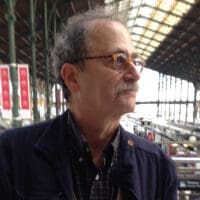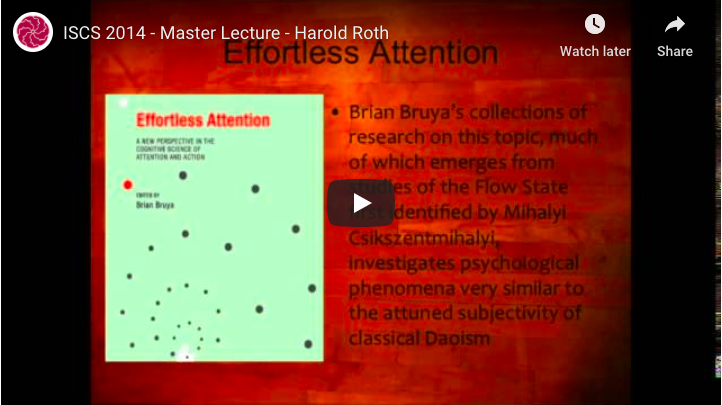The Classical Daoist tradition in China, known through its two famous “mystical” works, the Daodejing («The Way and its Potency») and the Zhuangzi («Teachings of Master Zhuang”), provides specific advice about forms of contemplative practice that develop qualities of selfless and impartial cognition thus enabling accurate perceptions, judgments and spontaneous intuitions to be made about the world. Scientific research and humanistic scholarship in Contemplative Studies – as in all the major disciplines – are founded on methods that have come to be regarded as “objective.” Yet, not a few philosophers have pointed out that it is human subjectivity that is the ultimate source of all these objective methods. While the modern academy trains individual subjectivities in logic and scientific method, it has largely neglected their training as contemplatives. This has led, at times, to biased research that claims to be “objective,” and a failure to plumb the mysteries of how we creatively synthesize the data we gather into coherent hypotheses and theories. In this master lecture, I will present an argument for the ways in which forms of contemplative self-cultivation from the classical Daoist tradition — and from other wisdom traditions, as well — can help to discern subjective bias and foster subjective intuition.

Harold Roth, PhD
Brown University
Convening Faculty, Fellow, Grantee, Planning Committee Member
Harold D. Roth is Professor of Religious Studies and the Director of the Contemplative Studies Initiative at Brown University. Roth is a specialist in Classical Chinese Religious Thought, Classical Daoism, … MORE


